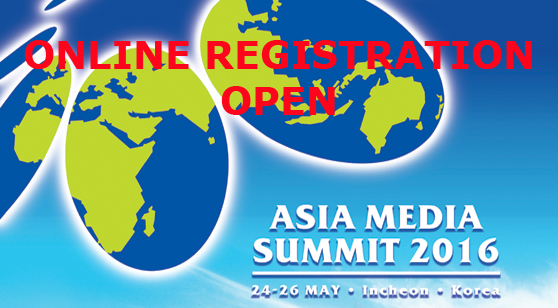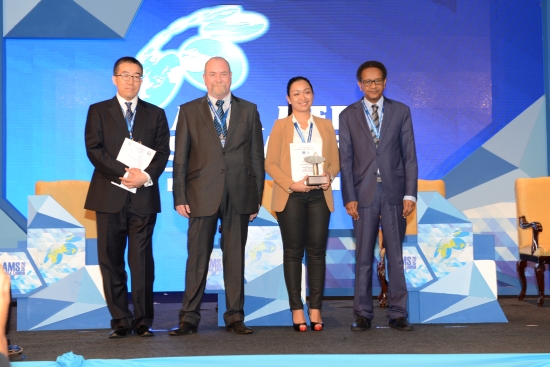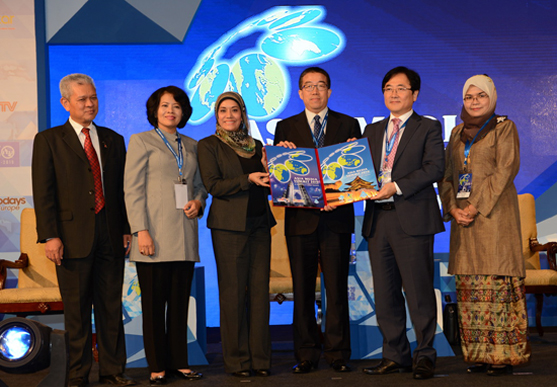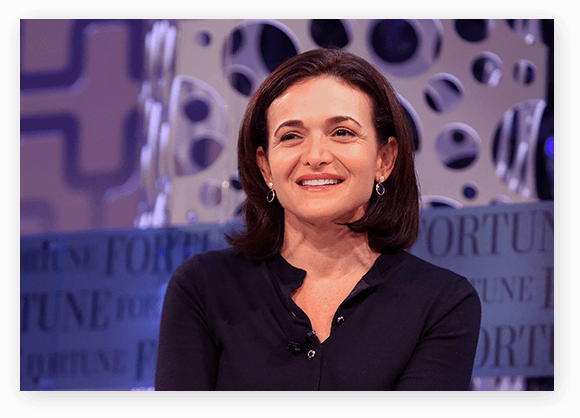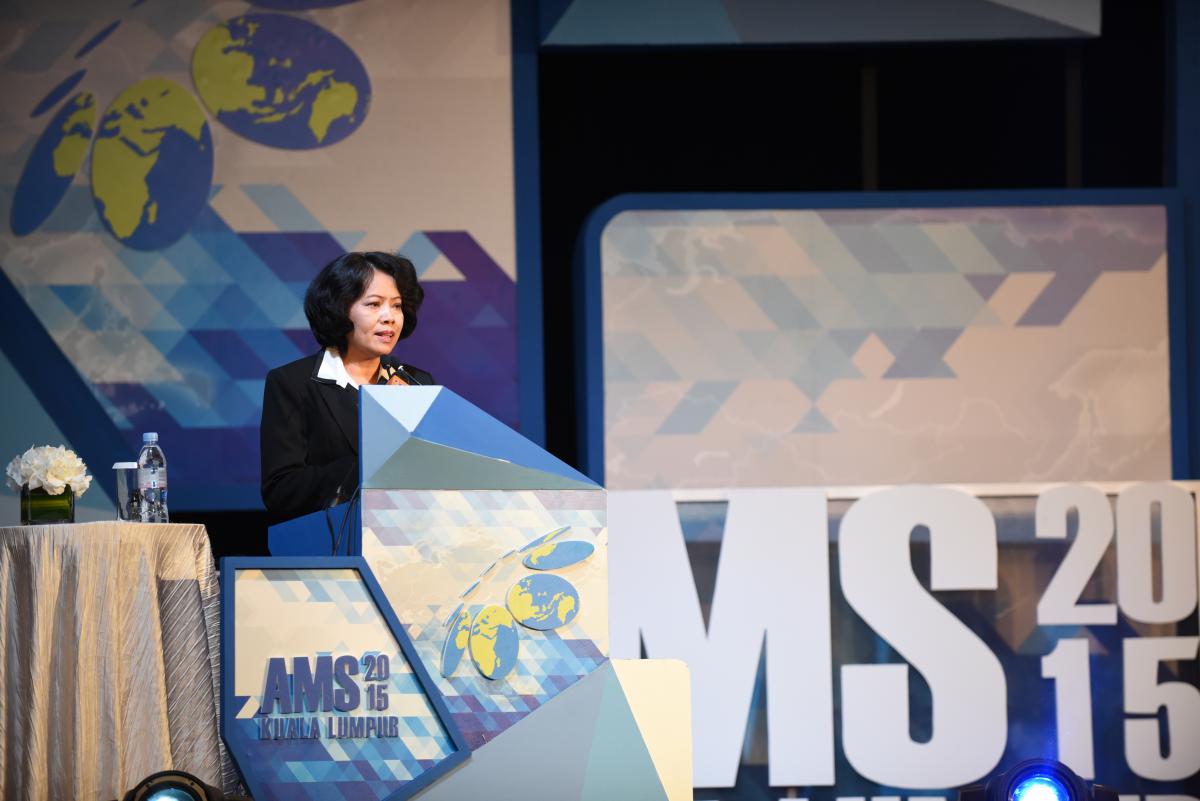The Online registration for the Asia Media Summit (AMS) 2016, to be held from 24 to 26 May 2016 in Incheon, Korea is now officially open. Please register using the link here.
The Online registration for the Asia Media Summit (AMS) 2016, to be held from 24 to 26 May 2016 in Incheon, Korea is now officially open. Please register using the link here.

We encourage all delegates to register as early as possible.
The deadline for registration is Friday, 15 April 2016.
AMS Venue
The AMS 2016 will be held at the Songdo Convensia (Convention Center), Incheon, Korea.
AMS Hotels
The two official hotels are Oakwood Hotel and Orakai Hotel. Kindly book your accommodation early as May is a peak period in Incheon.
More information is available at: www.aibd.org.my/ams
AMS 2016 Online Registration
The Online registration for the Asia Media Summit (AMS) 2016, to be held from 24 to 26 May 2016 in Incheon, Korea is now officially open. Please register using the link here.
Online Registration for AMS 2016
The online registration for the AMS 2016 will open on 1st March 2016. The AMS will be held in Incheon, Korea from 24 to 26 May and the Pre-Summit Workshops from 22 to 23 May.
The details of the AMS venue and hotels will be announced soon.
See you in Incheon, Korea.
Winners Awarded at the Asia Media Summit 2015
‘Pagbangon’ from Philippines and ‘Extreme Weather’ from Australia won the World Television Awards 2015 under Humanity and Science / Environment categories, respectively.
Korea to host AMS 2016
Korea promises that the next Asia Media Summit to be held in Seoul from 24 - 26 May 2016 will be a fruitful, exciting and meaningful event.
Delivering Great Social Media Experiences
Laura-May Coope, Co-founder and Manager of Social Life, BBC, United Kingdom, urged radio broadcasters to derive maximum benefits from social media by inviting their listeners and fans in making them feel special and valued, creating emotional connections, and offering them rewards.
Big Challenges for Broadcasters
Dato’ Sri Ahmad Shabery Cheek, Minister of Communications and Multimedia of Malaysia, raised the possibility that viewers might stop watching TV in the traditional sense unless broadcasters dealt seriously with new trends impacting their industry, among them; the rising popularity of over-the-top or OTT services, the reach and influence of social media, and evolving media consumption behaviour.
AIBD President Urges Broadcasters to Embrace Social Media
The 12th Asia Media Summit formally opened on 26 May 2015 in Kuala Lumpur, Malaysia, focused on the important role social media plays in transforming broadcasting into a stronger platform fit for now and the future
AMS 2015 : CEO Roundtable
Day 2 - Tuesday, 27th May 2015
1615 - 1730 : CEO Roundtable : Should Broadcasting Compete or Collaborate?
Broadcasting has dominated the communication industry, performing such roles as informing, educating, entertaining, and influencing opinion. Social media and emerging media share these roles. Consequently, they are pulling eyeballs away from television. Is broadcasting in a collision course with social media and to what extent? Should it consider social media competition in content creation, audience engagement and revenue generation? If so, how should broadcasters deal with this new player? Or should it collaborate as both platforms can provide what each other needs and influence people’s lives and routines? How far will collaborative strategies pay off for years to come? Should broadcasting embrace the power of social media to meet its business and civic obligations? Should both compete or collaborate?
AMS 2015 : Parallel Session 4
Day 2 - Tuesday, 27th May 2015
1400 - 1530 : Parallel Session 4 : New Approaches to Deal with Emergency Situations
Social media has become an integral part of disaster education, response and rehabilitation. It can contribute to public awareness as an emergency unfolds, help locate loved ones and notify and alert authorities, and co-ordinate response, recovery and volunteer efforts. It can support rumour management and correction of misinformation. How can broadcasters tap social media tools and manage their risks during emergencies? How do we deal with the risks? What are some best practices in planning for social media use before a disaster occurs, using popular and relevant social media tools, localising disasters in social media use, and in utilising mapping efforts?
AMS 2015 : Parallel Session 3
Day 2 - Tuesday, 27th May 2015
1400 - 1530 : Parallel Session 3 : Creative Content to Enrich Stories & Connect with Audiences
Broadcast organisations now have more access to content. Social media users participate in content creation and influence the type and nature of content. Some content are excellent; others full of abuse and spam. What is critical is to leverage social media to take advantage of compelling content and a rich variety of information sources. How is the creative industry dealing with new sources of content? What social media content is effective to enrich stories, connect with target markets and meet the viewers’ needs? With social media, how can broadcasters enhance various genres of programmes and collaborate in producing high-quality content and enhancing interactivity? What is the best time to post content to social networks?


